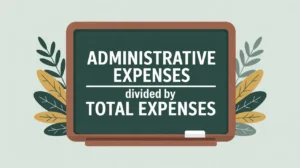Importance of Whistleblower Policies
Whistleblower policies create a safe and formal process for staff, volunteers, and stakeholders to report suspected misconduct, fraud, or ethical violations without fear of retaliation. This matters because nonprofits rely on trust, and undisclosed wrongdoing can damage donor confidence, compliance standing, and organizational reputation. For nonprofits in social innovation and international development, whistleblower protections are especially critical in environments where power imbalances or corruption risks may be higher. Boards and leadership value such policies as essential safeguards for accountability and transparency.
Definition and Features
A whistleblower policy is defined as an internal governance document that establishes procedures for confidentially reporting and addressing concerns about misconduct. Key features include:
- Confidentiality: protects the identity of the whistleblower.
- Non-Retaliation: prohibits retaliation against individuals who report in good faith.
- Reporting Channels: clear mechanisms such as hotlines, emails, or third-party platforms.
- Investigation Process: procedures for impartial review and resolution of claims.
Whistleblower policies differ from general grievance procedures because they specifically address ethical and legal violations, not routine workplace concerns.
How This Works in Practice
In practice, nonprofits implement whistleblower policies by designating reporting mechanisms and assigning responsibility (e.g., to the audit committee or compliance officer). For example, a staff member who suspects misuse of grant funds can submit a confidential report through an anonymous hotline. The organization then investigates, takes corrective action, and communicates outcomes to leadership while protecting the whistleblower. Boards oversee the policy to ensure independence and effectiveness.
Implications for Social Innovation
For nonprofits in social innovation and international development, whistleblower policies enhance integrity and reduce information asymmetry by ensuring that potential misconduct is surfaced and addressed transparently. Donors value organizations that have strong protections in place, as they indicate a commitment to ethical stewardship of resources. Nonprofits benefit by preventing fraud, protecting staff, and strengthening a culture of accountability. By adopting robust whistleblower policies, organizations reinforce trust and resilience, ensuring resources advance systemic change rather than being lost to mismanagement.







